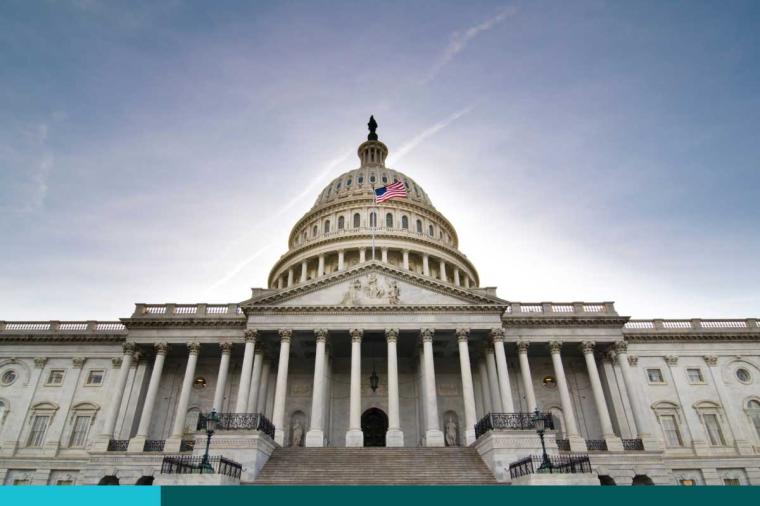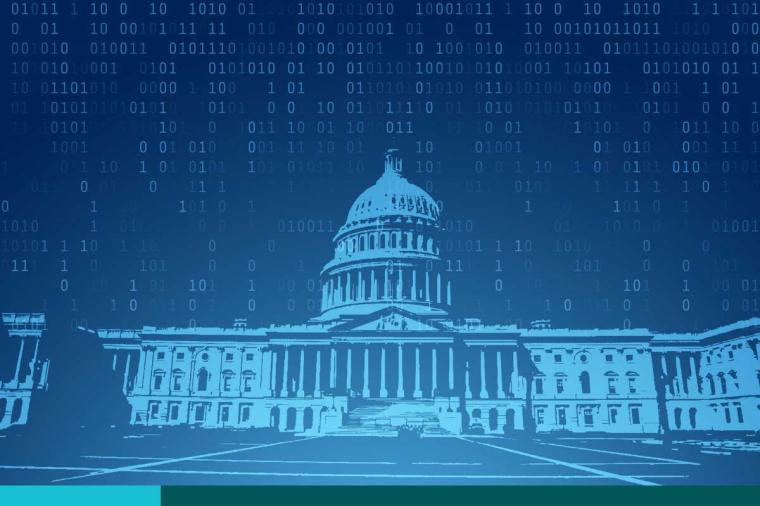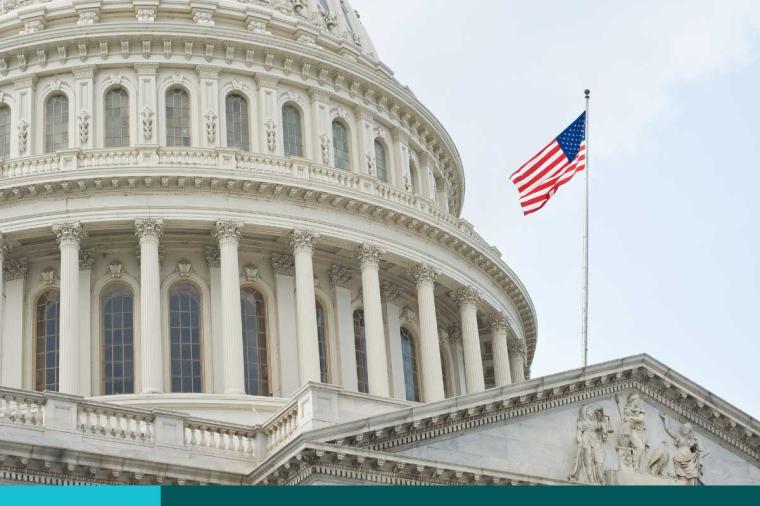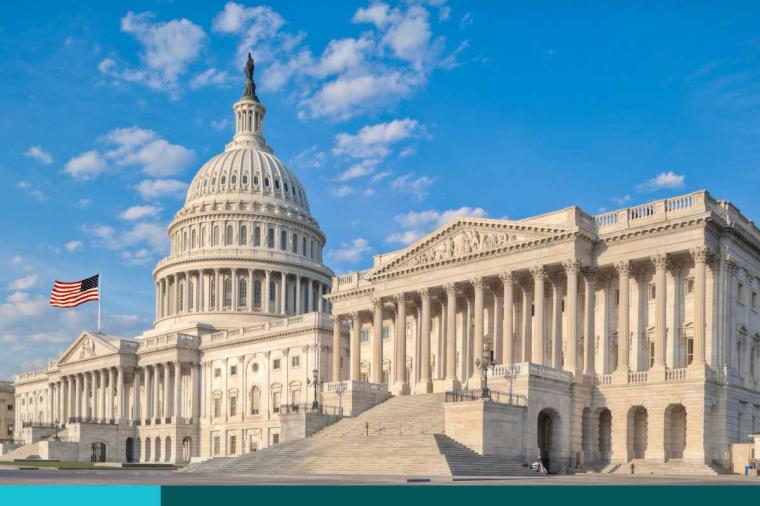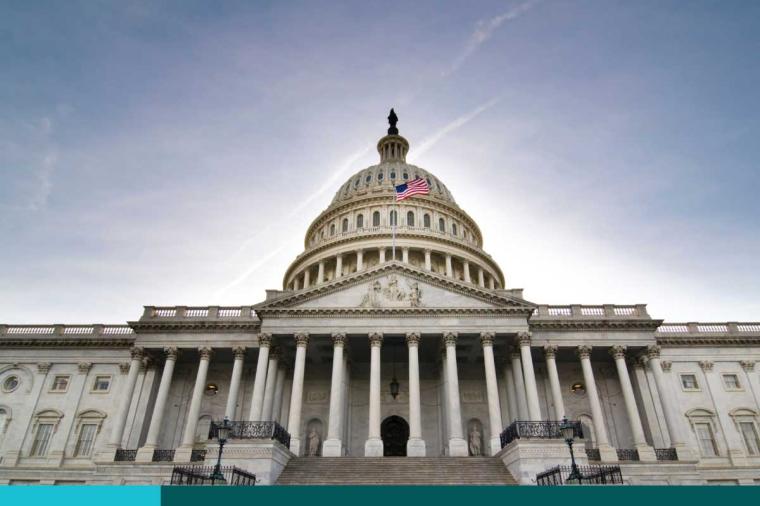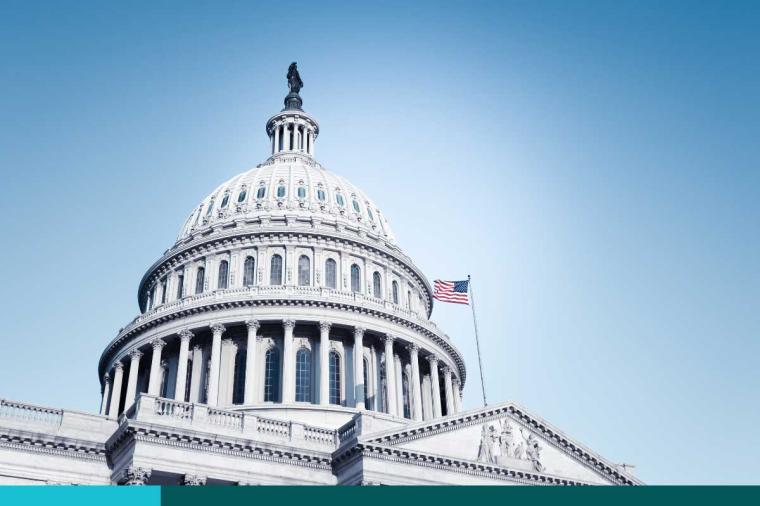President Trump’s AI Action Plan: Implications on the SLED IT Market

On July 23, 2025, the Trump administration released an AI Action Plan, highlighting 90 federal policy directives across three key pillars: Accelerating Innovation, Building American AI Infrastructure and Leading in International Diplomacy and Security. The Plan also supports the tenants of the President’s earlier January 23, 2025, Executive Order 14179, “Removing Barriers to American Leadership in Artificial Intelligence.”
The AI Action Plan emphasizes deregulation, promoting innovation and accelerating private-sector AI adoption. Supplementing the AI Action Plan were three executive orders promoting export of the “American AI Technology Stack,” which focuses on comprehensive AI dominance with accompanying hardware, infrastructure, cybersecurity, data models and applications; directing a streamlined federal permitting process for building data centers; and mandating adoption of “Unbiased AI Principles” in response to AI user prompts and “ideological neutrality” in federal government procurement.
In addition, the withdrawal of the proposed 10-year AI moratorium allows states to continue independently regulating AI. However, the AI Action Plan may shift control of the AI regulatory environment, potentially granting federal agencies control over state-level AI oversight. The federal government may deem certain state AI provisions as “restrictive to innovation,” jeopardizing future receipt of federal funding. Federal agencies may also have authority to challenge state and local AI laws that conflict with federal regulations, increasing the likelihood of preemption and ultimately limiting state and local autonomy in AI policymaking. IT companies should stay abreast of emerging state-level AI regulations as existing fragmentation of state AI policy could pose compliance challenges.
Potential downstream opportunities for IT companies
The AI Action Plan encourages state and local partnerships with the federal government on AI-related initiatives including AI infrastructure deployment, workforce development and the use of AI to bolster public service delivery. These partnerships may set precedent for enhanced AI adoption and spur additional demand for innovative AI integration.
- Infrastructure Deployment: Multi-jurisdictional partnerships will spur integration of technologies that support enhanced AI infrastructure and modernization such as cloud platforms, broadband expansion and high-performance computing.
- Strengthening the workforce: The plan supports AI training and upskilling initiatives, allowing states to enhance the government workforce and bolster the future of the U.S. economy (this is also supported by the President’s EO encouraging AI adoption within K-12 schools to support the future workforce).
- Public Service AI-based innovation: Federal initiatives aimed at facilitating AI-based government services, such as fraud detection, advanced security and automation of citizen service delivery, will trickle down to the state level and encourage AI adoption with lower risk.
The AI Action Plan continues to place emphasis on American-made AI innovation and will likely spur increased demand for AI solutions that can streamline SLED enterprise operations, enhance service delivery and eliminate cost burdens. IT companies can expect to see future demand for AI technologies that support SLED agencies’ modernization initiatives across all verticals including: agentic AI (we can expect states to assess cost to adopt and scale within the new few years), AI-driven workflows, Gen AI for fraud reduction, Advanced AI analytics to bolster resilience, AI-enhanced decision intelligence, AI enabled emergency response systems, AI-driven security, AI predictive policing and data science as a service.
To get more TD SYNNEX Public Sector Market Insight content, please visit our Market Intelligence microsite.
About the Author: Yvonne Maffia is the senior analyst covering state, local and education markets. She applies insights and analysis to purchasing trends to help vendors and partners shorten their sales cycles. Prior to joining TD SYNNEX Public Sector, Yvonne spent 8 years working in state and local government, where she oversaw advisory boards across the State of Florida and served as an analyst to a local politician. Yvonne currently lives in Washington, DC.



